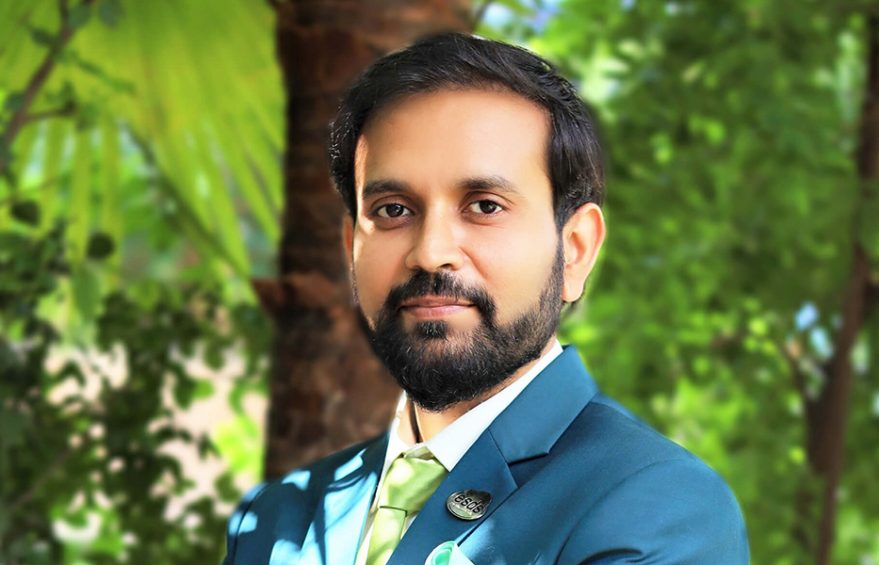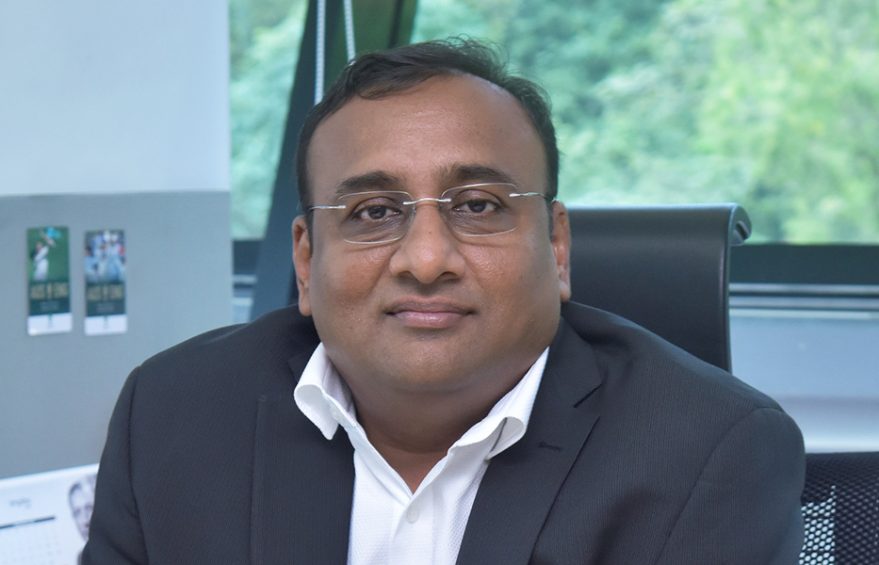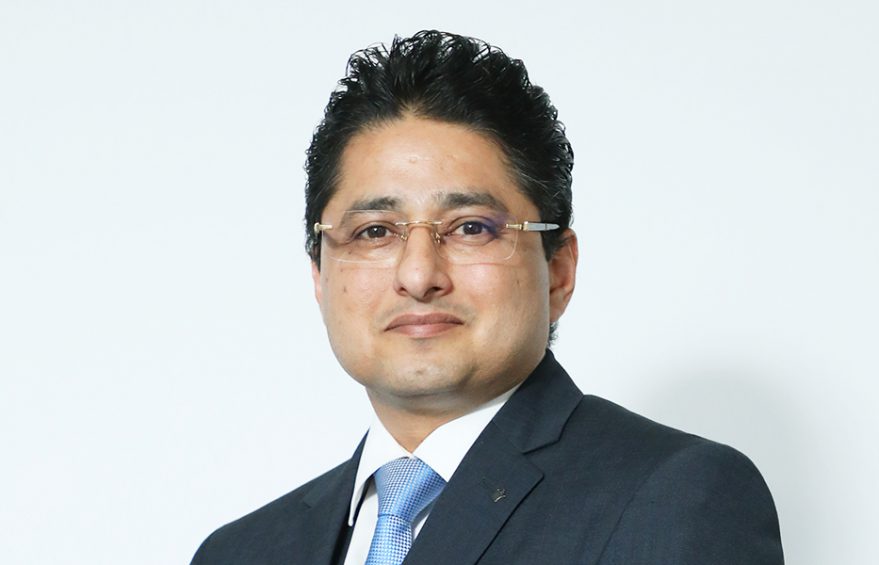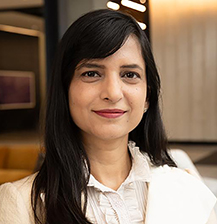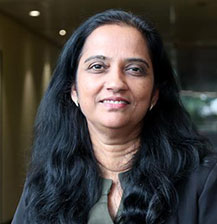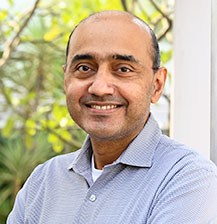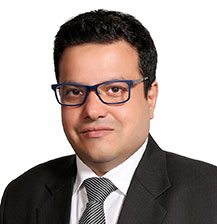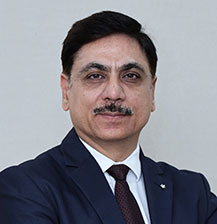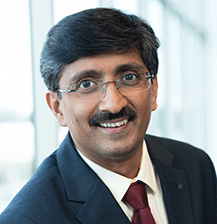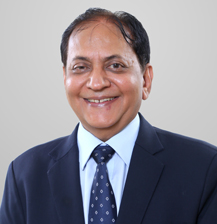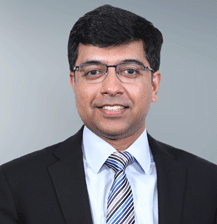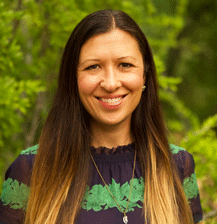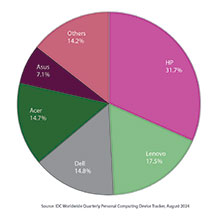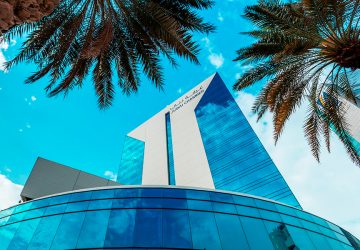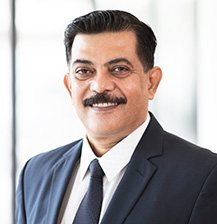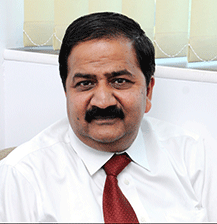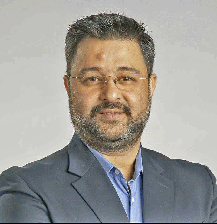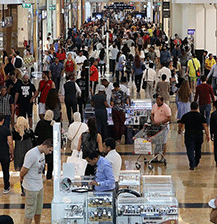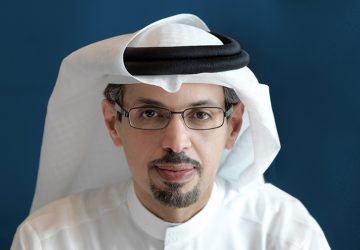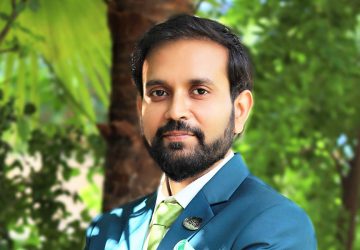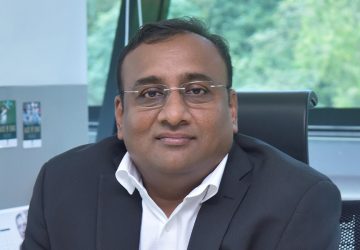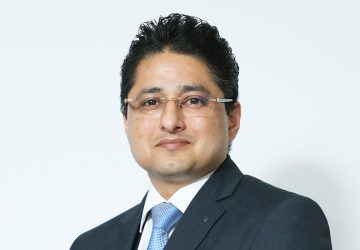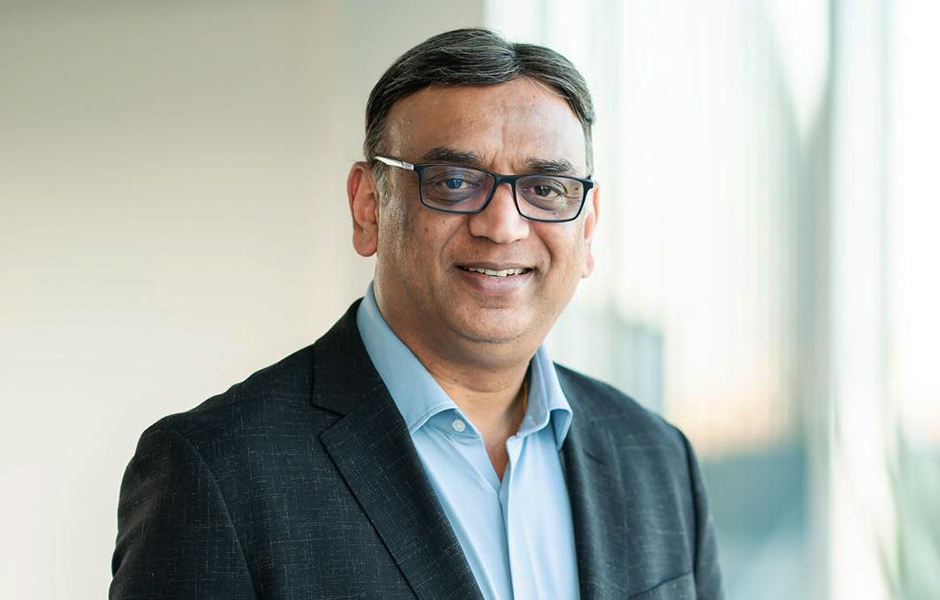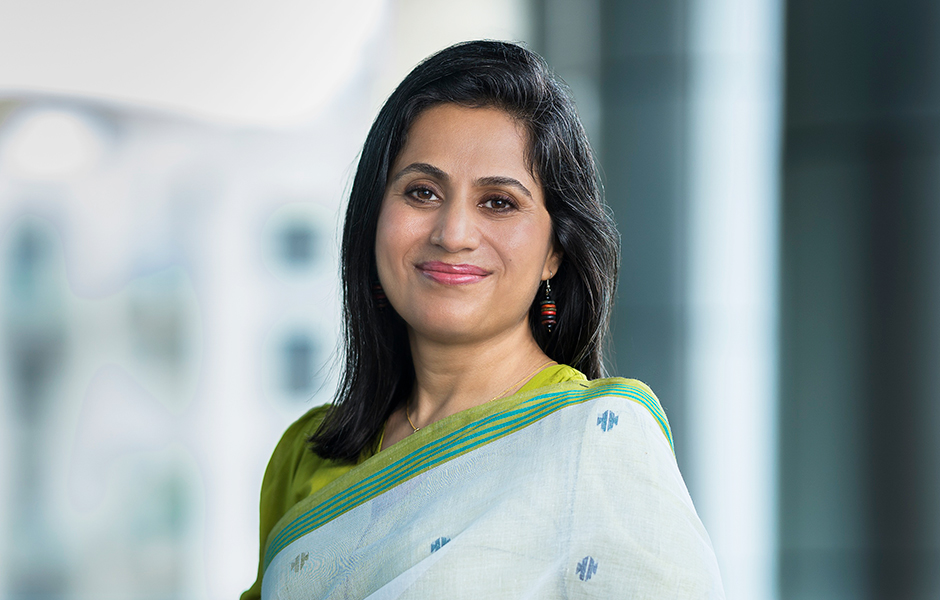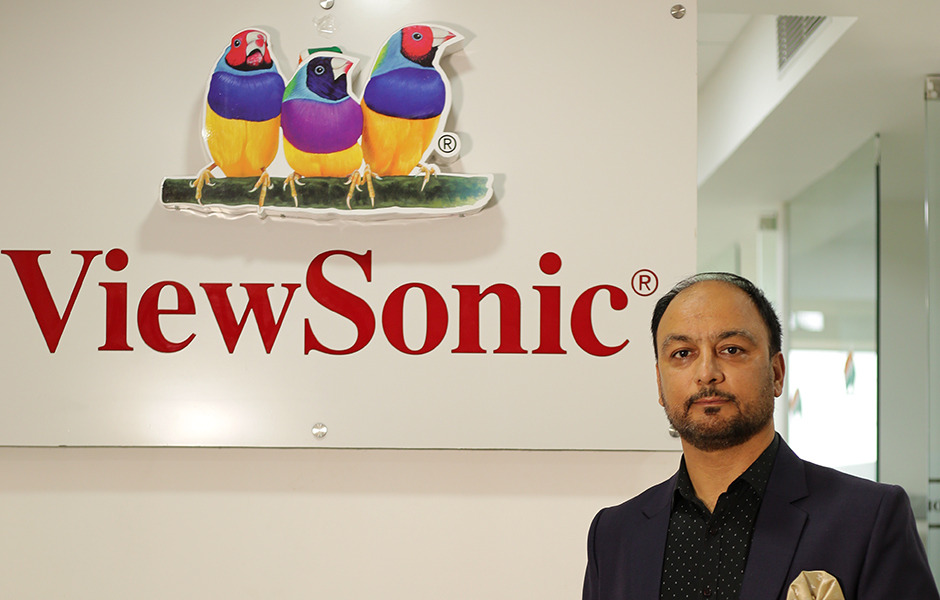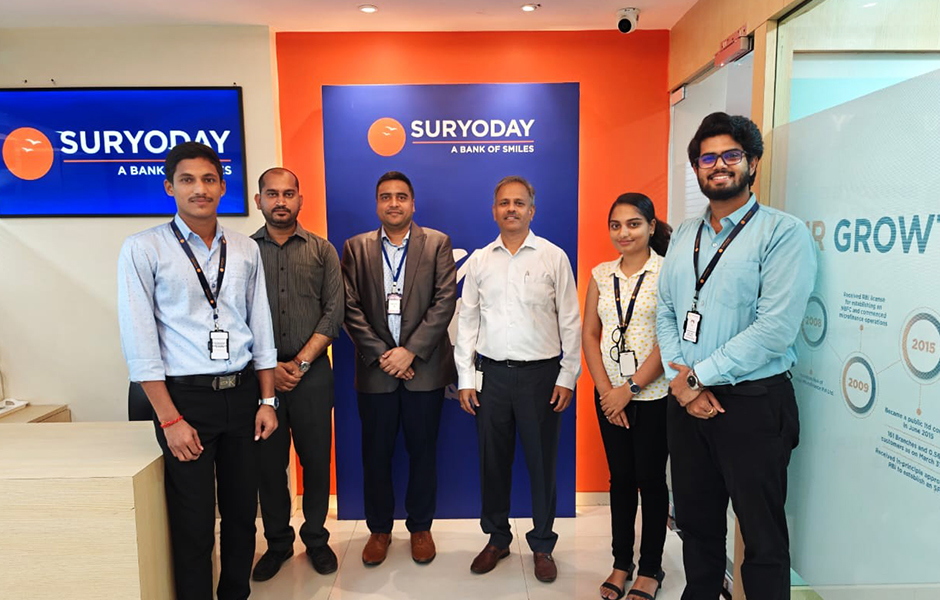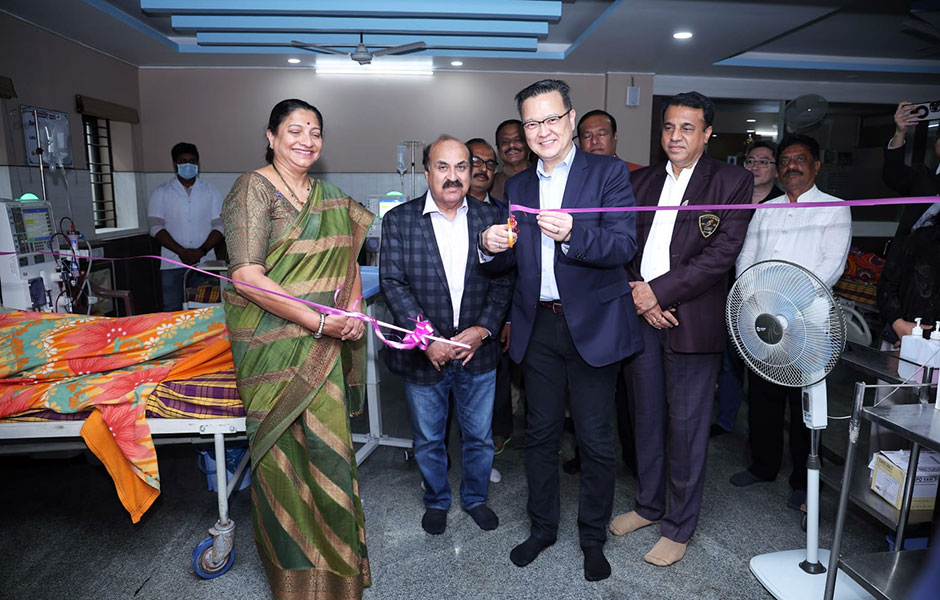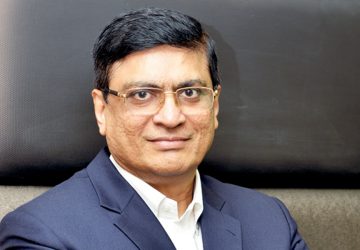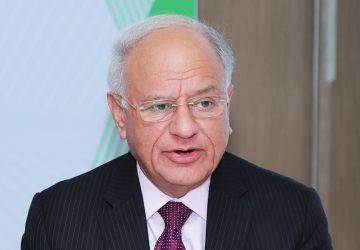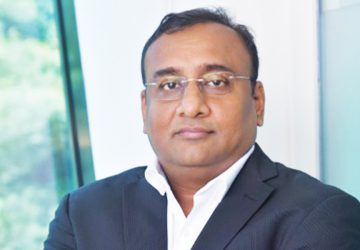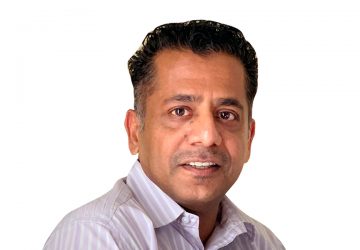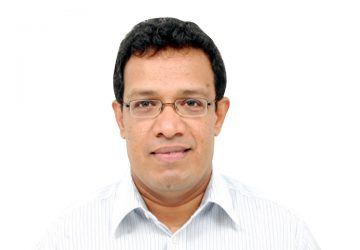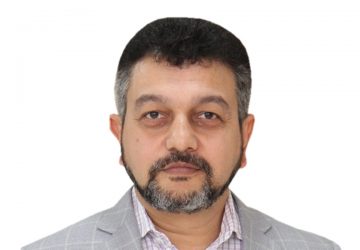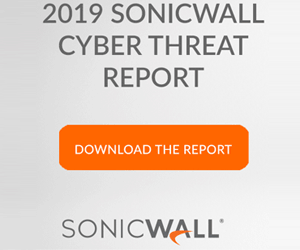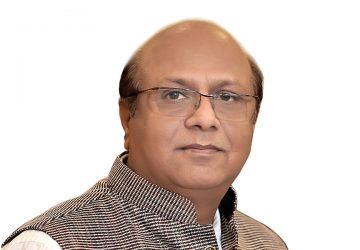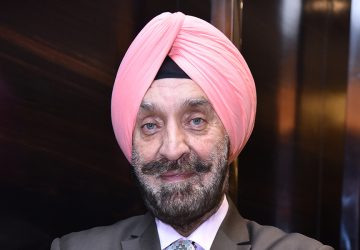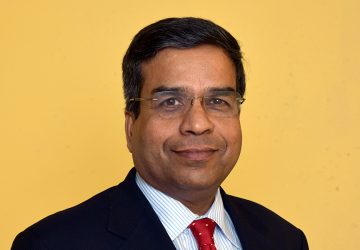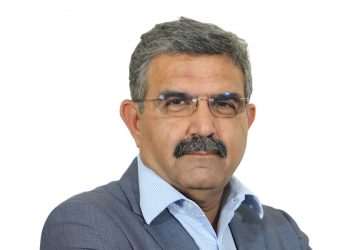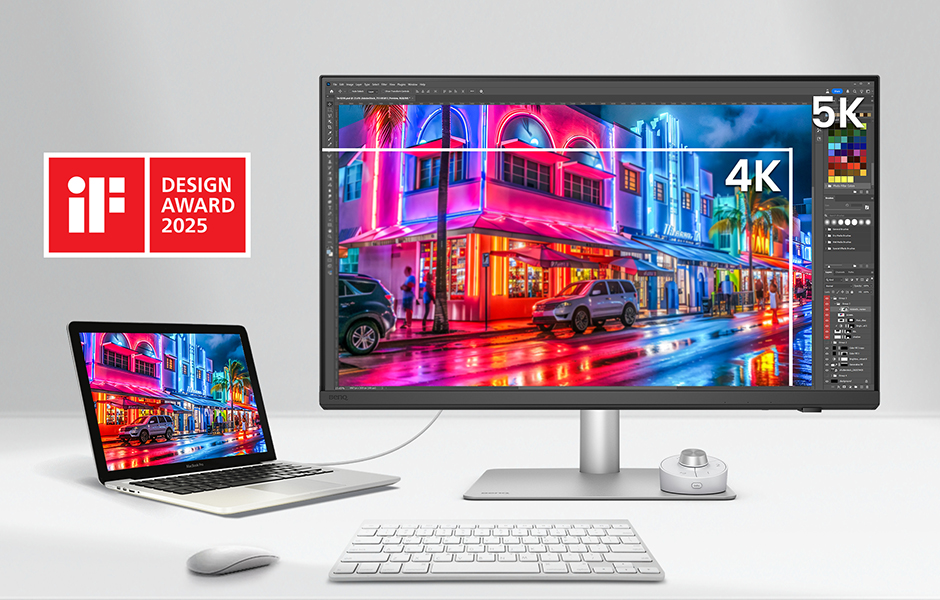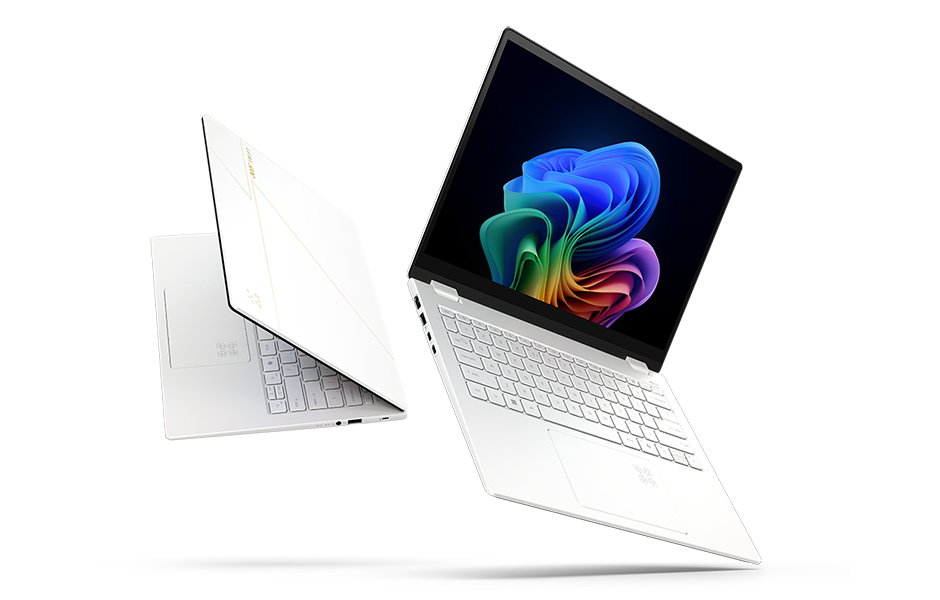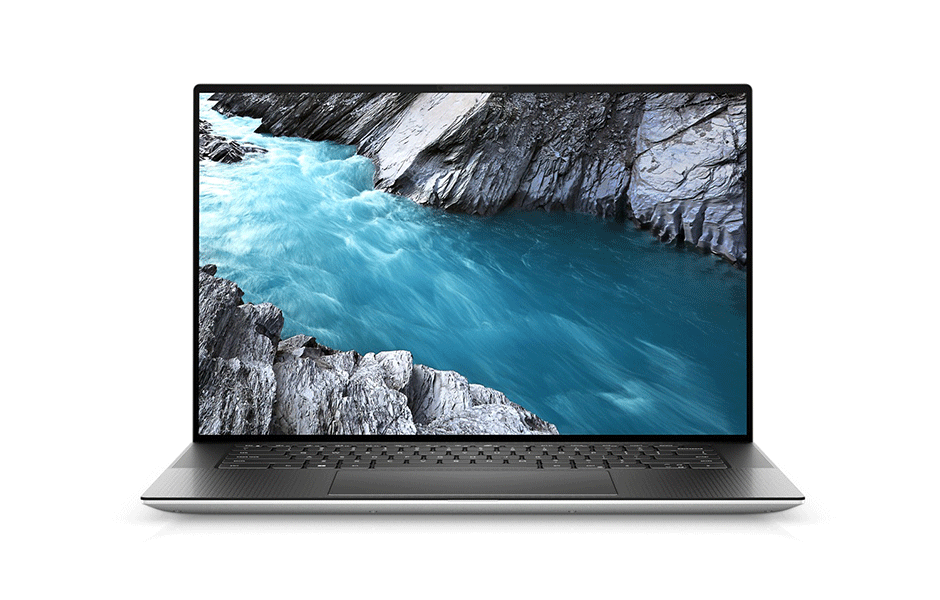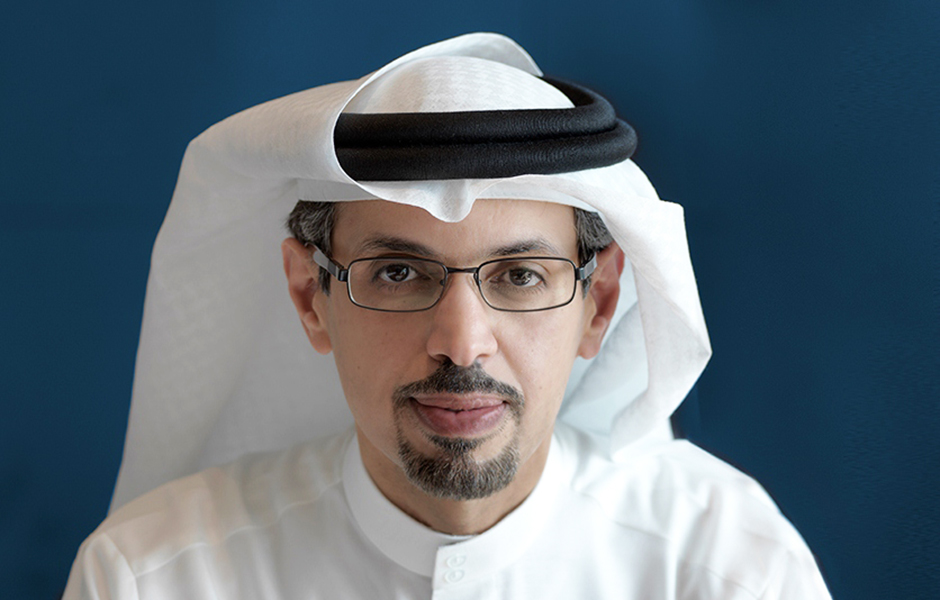
His Excellenency Hamad Buamim, President & CEO, Dubai Chamber
The inaugural Global Business Forum ASEAN is bringing together ministers, government leaders, businessmen and investors from the UAE and promising ASENA markets to discuss collaboration opportunities. In an interaction with Digital Edge, His Excellenency Hamad Buamim, President & CEO, Dubai Chamber, talks about the broader objective the Global Business Forum ASEAN strives to garner.
Could you tell us more about the Global Business Forum series, and Dubai Chamber’s role its creation?
The Global Business Forum (GBF) is Dubai Chamber’s flagship event series launched in 2013 under the patronage of His Highness Sheikh Mohammed Bin Rashid Al Maktoum, Vice President and Prime Minister of the UAE and Ruler of Dubai. The programme was established to explore investment opportunities in promising markets and strengthen the emirate’s position as a global business hub.
The series supports Dubai Chamber’s efforts to identify global opportunities for its members and the wider business community in Dubai. At the same time, it enhances the role of the Chamber representative offices across Africa, Eurasia and Latin America. The GBF series currently comprises three forums; GBF Africa, the first to be inaugurated and one that focuses on the world’s largest continent; GBF LATAM, which centres on the evolving Latin American and Caribbean markets; and GBF ASEAN, the latest addition which focuses on the 10 member states of the Association of South-East Asian Nations.
There have been GBF 10 forums conducted to date, each one attracting policy-makers and leaders from across the government and business spectrum, including ministers, industry heads, economists, trade experts, entrepreneurs and corporate spokespersons, who gather together to discuss opportunities and means of ramping up commerce between Dubai and the emerging markets under the forums’ respective banners.
Could you tell us what were the factors that led the Dubai Chamber to create GBF ASEAN?
Over the years, the extensive market analysis conducted by our Economics Research Department has identified significant trading gaps arising in ASEAN countries and pointed to the huge potential of the East Asian region to play a role in Dubai’s economy. It was clear from our studies that business communities in Dubai, the UAE and ASEAN countries would benefit from a dedicated forum to fully exploit the prevailing opportunities, which led us to organise GBF ASEAN as the latest addition to our GBF portfolio.
With its theme ‘The New Frontiers,’ the inaugural GBF ASEAN takes place December 8-9 on the side-lines of Expo 2020 Dubai. The event aims to enhance Dubai’s non-oil trade with ASEAN countries, which over the last 10 years has reached $225 Billion but which our studies show that there is still plenty of scope to increase significantly.
For example, our most recent trade analysis revealed that there were 10 products that had the potential for export increase from Dubai to ASEAN markets. In 2020, these products were in Dubai’s top 20 exported products to the world and ASEAN imported at least $1.4 Billion worth in them. However, the share of Dubai in ASEAN imports of these products was less than 6.5 percent, indicating a significant opportunity for Dubai traders. The analysis also found that there are 10 potential products that ASEAN traders could increase exports of to Dubai. Last year, these goods were in ASEAN’s top 35 exported products to the world. Dubai imports of them was more than $445 Million in 2020, but the share of ASEAN in the imports was less than 10 percent, showing good export opportunities for ASEAN traders.
GBF ASEAN is the ideal platform to explore synergies between Dubai and the 10 member states of the Association of Southeast Asian Nations. The inaugural edition of the event provides an unrivalled opportunity for stakeholders to explore ways of increasing bilateral business ties that will enhance the economies of both regions.
Can you walk us through the process of coming up with the programme for GBF ASEAN? What were the factors taken into consideration when coming up with the themes, topics and speakers?
The programme for the first-ever GBF ASEAN takes a closer look at key issues and trends reshaping the economic landscape in the region in the wake of the pandemic. Over the next five years, it is expected that ASEAN countries and other markets could create the world’s largest free trade area, with the Regional Comprehensive Economic Partnership agreement adding an estimated $186 Billion to global GDP by 2030.
Sustainability is also a key theme and one that is at the top of the global agenda post COP 26. In light of this ever-increasing priority, GBF ASEAN will highlight the need for ASEAN member states and the UAE to develop low-carbon economies for a more resilient future. The area of sustainability will also feature as an opportunity in the built environment at the forum, with sustainable infrastructure financing estimated to be worth $2.8 Trillion investment over the next ten years.
Other topics under the spotlight at the forum will be how Dubai and Singapore, as global hubs for their respective regions, can learn from each other; whether there are particular models of South-East Asian and Middle Eastern entrepreneurship; and the raft of opportunities that are being presented from the pandemic having pushed ASEAN’s digital economy to exceed $100 Billion for the first time.
What are your hopes and expectations for GBF ASEAN? What would you consider as indicators of the Forum being a success?
We believe that GBF ASEAN 2021 will set the stage for a new era of growth and development between Dubai, the UAE and ASEAN countries. The success of the forum can be evaluated in a number of ways, with an increase in the volume and value of imports and exports between the regions one such metric. According to Dubai Customs, in 2020, Dubai’s import volume from ASEAN nations reached 2,918 thousand tons, growing with a CAGR of 2.2 percent between 2011 and 2020. Dubai’s non-oil export volume to ASEAN reached 1,112 thousand tons, growing with a CAGR of 4 percent from 2011 to 2020. Any marked jump in these figures could be an indicator of the success of the first GBF ASEAN, although of course an improvement in bi-lateral trade between our regions in general is expected over the coming quarters as the global economic recovery gathers pace.
We can gauge the potential impact of the first GBF ASEAN when we look at GBF Africa, the longest-running Global Business Forum and the event that launched the GBF series in 2013. We believe that GBF Africa has been instrumental in enhancing trade and commerce between Dubai and Africa, which has grown significantly over the years. Dubai’s non-oil trade with Africa reached $50 Billion in 2020 despite the pandemic challenges, marking the highest level in the last decade. Since GBF Africa 2019, the number of African companies registered with Dubai Chamber increased by 15.5 percent to reach 24,800.
GBF ASEAN will be instrumental in promoting the untapped investment opportunities that currently exist in the ASEAN region and Dubai to business stakeholders in both regions. It will also fly the flag for Dubai as the Middle East and Gulf region’s premier international business hub and an ideal destination for ASEAN exporters, with its strategic position between east and west, its advanced infrastructure and its ease-of-doing business environment nurturing the growth of new businesses and facilitating the onward movement of goods and products into new markets. We anticipate that both Dubai and ASEAN countries will reap the benefits of the forum – and its future editions – in the years to come.
Is there any message you would like to give to delegates and visitors to the GBF ASEAN?
I would encourage delegates to leverage the Expo 2020 Dubai platform to explore new trade and investment opportunities and boost their global profile. By combining the dedicated business forum with the world exhibition with the wider experiences of the city – a bustling metropolis that is home to some 200 nationalities – government officials, businessmen and investors will have the chance to connect and collaborate with their counterparts from around the world and forge cross-border partnerships that support sustainable growth.


